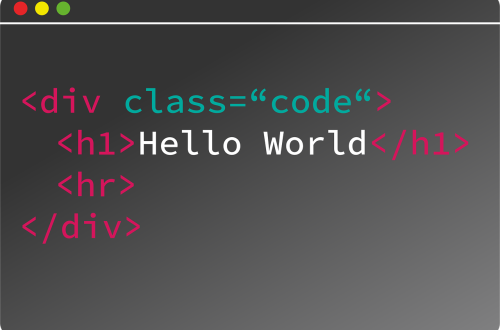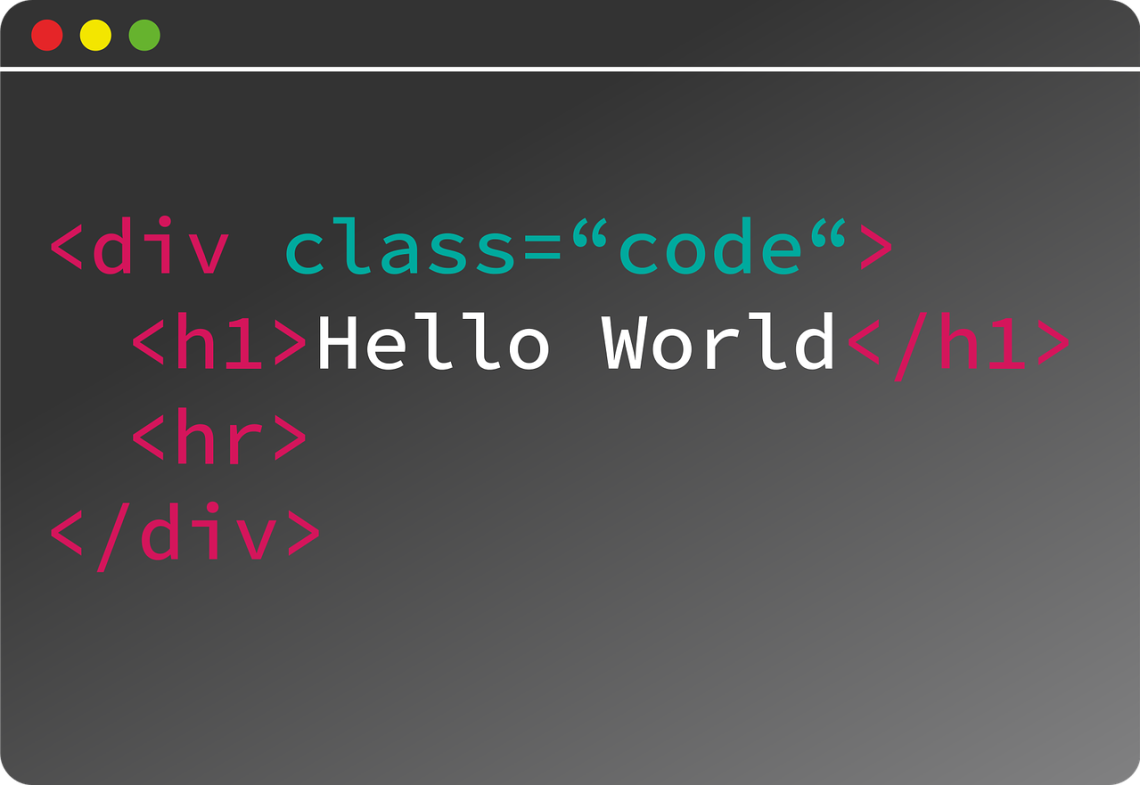Web Tools
-
How to Boost Domain Authority
Domain Authority (DA) is a critical metric that indicates the overall credibility and authority of a website in the eyes of search engines. A high Domain Authority not only improves your website’s search engine ranking but also increases its visibility and attracts more organic traffic. As an online business or content creator, boosting your Domain Authority should be a top priority in your digital strategy. Let’s explore essential techniques to elevate your website’s authority and unlock its full potential. 1. Produce High-Quality and Engaging Content: Content reigns supreme in the realm of Domain Authority. Creating high-quality, relevant, and engaging content is a fundamental step to boost your website’s authority. Focus…
-
Essential Tools to Launch Your Online Blogging Journey
Starting a blog is an exciting endeavor that opens doors to creativity, self-expression, and the potential to connect with a global audience. To embark on this journey successfully, having the right tools at your disposal is essential. Let’s explore five must-have tools that will set you on the path to a successful and fulfilling blogging experience. 1. Content Management System (CMS): A robust Content Management System is the backbone of your blog. It allows you to create, edit, and organize your content without the need for complex coding knowledge. WordPress is one of the most popular CMS platforms, offering a user-friendly interface, countless themes, and plugins to customize your blog…
-
Back-End Development Demystified: Exploring Server-Side Technologies
In the world of web development, back-end development is the backbone that powers the functionality and logic behind the scenes. While front-end development deals with the user interface and interactions, back-end development focuses on server-side technologies that handle data processing, storage, and communication with the front-end. In this article, we will demystify back-end development and explore the essential server-side technologies that drive the dynamic web applications we use every day. Understanding Back-End Development: Back-end development involves creating and maintaining the server-side of web applications. This includes managing databases, handling server requests, processing data, and ensuring the smooth communication between the front-end and the server. Back-end developers work with programming languages,…
-
Mastering the Art of Blog Management: A Guide to Success
Managing a blog is more than just pouring out words onto a digital canvas; it requires careful planning, consistent effort, and strategic execution. Whether you’re a seasoned blogger or just starting on your blogging journey, understanding the key elements of blog management can pave the way to a successful and fulfilling blogging experience. Let’s explore the essential aspects of blog management that will help you master the art of running a blog. 1. Define Your Purpose and Audience: Before diving into creating content, it’s crucial to define the purpose of your blog. What topics do you want to cover? What message do you want to convey to your readers? Understanding…
-
5 Effective Strategies to Boost Your Blog’s Authority with Strong Backlinks
In the world of SEO, backlinks play a pivotal role in determining a website’s authority and search engine ranking. For bloggers aiming to increase their blog’s visibility and reach a broader audience, securing high-quality backlinks is essential. These valuable links not only drive organic traffic but also signal search engines that your blog is a reliable and credible source of information. Let’s explore five effective strategies to get backlinks for your blog and enhance its online presence. 1. Create High-Quality and Shareable Content: The foundation of obtaining backlinks lies in creating high-quality, informative, and shareable content. When your blog posts are packed with valuable insights, unique perspectives, and actionable advice,…
-
Mastering HTML and CSS: The Essential Building Blocks of Web Development
In the ever-evolving landscape of web development, HTML and CSS remain the fundamental building blocks that bring websites to life. HTML (Hypertext Markup Language) provides the structure and content of web pages, while CSS (Cascading Style Sheets) is responsible for the presentation and layout. Mastering these two essential languages empowers web developers to create stunning, responsive, and user-friendly websites. In this article, we will delve into the world of HTML and CSS and explore how they form the backbone of web development. Understanding HTML: HTML serves as the backbone of every web page. It utilizes markup tags to structure the content and define its elements. By providing a semantic structure…













